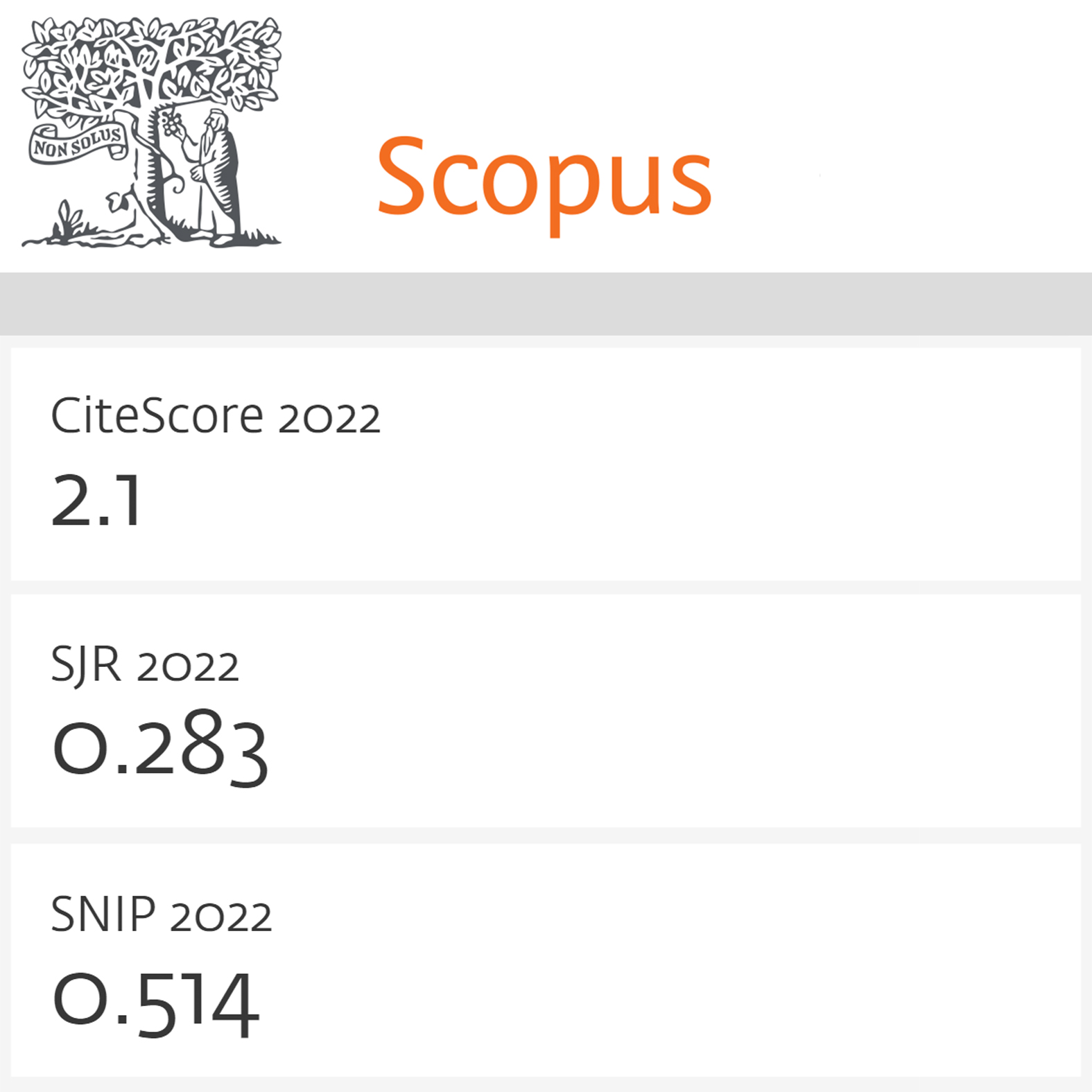Мultifactorial fuzzy analysis for transfer demand modeling to touristic towns
DOI:
https://doi.org/10.15587/1729-4061.2011.1910Keywords:
Мultifactorial analysis, fuzzy set theory, transportation demand predictingAbstract
In work is represented improvement of new approach in tourist travel demand modeling, which combines behavioral travel demand model and direct demand model. Multifactorial fuzzy analysis is used for estimating of mode utilities (power of trip generation and zone attractiveness). This gives direct demand model behavioral basis of disaggregating model, in which travel choice is considered as decision-making process. This approach also combines two different theories in sphere decision making: discrete choice theory (based on probability theory) and multifactorial fuzzy analysis (based on fuzzy set theory)
References
- Ben-Akiva, M.E. and Lerman, S.R. Discrete Choice Analysis: Theory and Application to Travel Demand. The MIT Press, Cambridge, Mass.
- Ben-Akiva, M.E. and Bierlaire, M. [Online, accessed 25 September 2002] Discrete Choice Methods and Their Applications to Short Term Travel Decisions, available at URL: http://dmawww.epfl.ch/roso.mosaic/mbi/handbook-final.htm
- Bennett, C.R. and Paterson, W.D.O. The Highway Development and Management Series Volume Five: A Guide to Calibration and Adaptation, The World Road Association (PIARC), Paris and The World Bank, Washington, DC
- Chen, S.J., and Hwang, C.L. Fuzzy Multiple Attribute Decision Making. Lecture Notes in Econom. and Math. System 375, Springer-Verlag, New York.
- Cheng, C.H., Yang, K.L., and Hwang, C.L. Evaluating attack helicopters by AHP based linguistic variable weight, European Journal of Operational Research, Vol. 116, 425-435.
- Easa, S.M. Urban transportation in practice I: conventional analysis, Journal of Transportation Engineering, ASCE, Vol. 119, No. 6, 793-815.
- Easa, S.M. Urban transportation in practice II: quick response and special topics, Journal of Transportation Engineering, ASCE, Vol. 119, No. 6, 816-834.
- Hwang, C.L., and Yoon, K. Multiple Attribute Decision Making: Methods and Applications. Springer-Verlag.
- Hyman, G.M. The calibration of trip distribution models, Environment and Planning, Vol. 1, No. 3, 105-112.
- Gomes, L.F.A.M. Multicriteria ranking of urban transportation system alternatives, Journal of Advanced Transportation, Vol. 23, No. 1, 43-52.
- Klungboonkrong, P. and Taylor, M.A.P. An integrated planning tool for evaluating road environmental impacts, Journal of Computer-Aided Civil and Infrastructure Engineering, Vol. 14, 335-345.
- Lundqvist, L. and Mattson, L.G. National transport models: Introduction and comparative analysis, in Lundqvist, L. and Mattson, L.G. (eds), National Transport Model: Recent developments and Prospects. Springer, Berlin, Germany.
- Oppenheim. N. Urban Travel Demand Modelling: From Individual Choice to General Equilibrium. John Wiley & Sons, USA.
- Ortuzar, J de D. and Willumsen, L.G. Modelling Transport (2nd ed.). John Wiley & Sons, England.
- Quandt, R. and Baumol, W. The demand for abstract transport modes: theory and Measurement, Journal of Regional Science, Vol. 6, No. 2, 13-26.
- Reddy, K.H., and Chakroborty, P. A fuzzy inference based assignment algorithm to estimate O-D matrix from link volume counts, Comput., Environ. and Urban Systems, Vol. 22, No. 5, 409-423.
- Ridwan, M. Fuzzy preference based traffic assignment problem. Paper accepted for presentation in the International Workshop on Intelligent Transport System, Adelaide, 19 July 2002.
- Taylor, M.A.P., Young, W. and Bonsall, P.W. Understanding Traffic System: Data, Analysis and Presentation. Avebury Technical Books, England.
- Wirasinghe, S.C. and Kumarage, A.S. An aggregate demand model for intercity passenger travel in Sri Lanka, Transportation, Vol. 25, 77-98.
- Yeh, C.H., Deng, H., and Chang, Y.H. Fuzzy multiple attribute decision making for performance evaluation of bus companies, European Journal of Operational Research, Vol. 126, 459-473.
- Zimmerman, H.J. Fuzzy Sets Theory and Its Application. Kluwer Academic, Boston.
- Україна в цифрах 2008 // Статистичний збірник. – К.: ДП «Інформаційно-аналітичне агентство», 2009. – 260 с.
- Регіони України // Статистичний збірник. – К.: ДП «Інформаційно-аналітичне агентство», 2009. – 369 с.
Downloads
How to Cite
Issue
Section
License
Copyright (c) 2014 А. Б. Білоус, І. А. Могила

This work is licensed under a Creative Commons Attribution 4.0 International License.
The consolidation and conditions for the transfer of copyright (identification of authorship) is carried out in the License Agreement. In particular, the authors reserve the right to the authorship of their manuscript and transfer the first publication of this work to the journal under the terms of the Creative Commons CC BY license. At the same time, they have the right to conclude on their own additional agreements concerning the non-exclusive distribution of the work in the form in which it was published by this journal, but provided that the link to the first publication of the article in this journal is preserved.
A license agreement is a document in which the author warrants that he/she owns all copyright for the work (manuscript, article, etc.).
The authors, signing the License Agreement with TECHNOLOGY CENTER PC, have all rights to the further use of their work, provided that they link to our edition in which the work was published.
According to the terms of the License Agreement, the Publisher TECHNOLOGY CENTER PC does not take away your copyrights and receives permission from the authors to use and dissemination of the publication through the world's scientific resources (own electronic resources, scientometric databases, repositories, libraries, etc.).
In the absence of a signed License Agreement or in the absence of this agreement of identifiers allowing to identify the identity of the author, the editors have no right to work with the manuscript.
It is important to remember that there is another type of agreement between authors and publishers – when copyright is transferred from the authors to the publisher. In this case, the authors lose ownership of their work and may not use it in any way.









